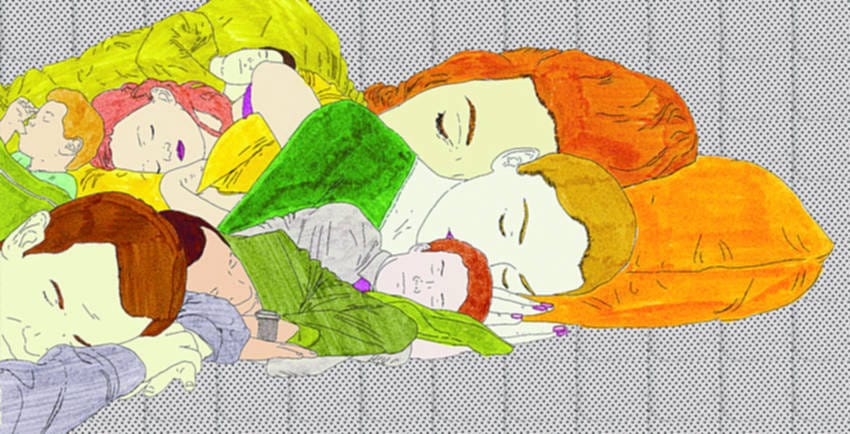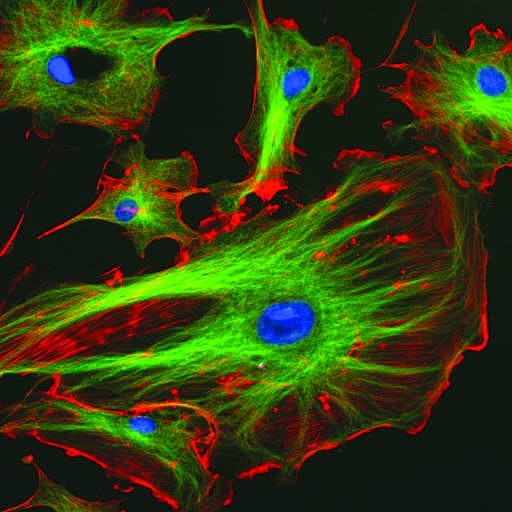Is lucid dreaming a cure for nightmares?
A study investigating the psychological effects of lucid dreaming on patients suffering from nightmare disorders may offer an insight into treatments, and provide insight into how the sleeping brain works

An American paper published last month investigated how so-called ‘lucid dreaming’ may help to devise treatments of nightmare disorders and other psychological conditions. The idea is that sufferers may be able to re-program their nightmares into neutral or positive experiences by gaining control over their dream world. Turning negative dreams into positive experiences is not a new idea in the field of psychology, previously shown to be fairly effective in treating PTSD sufferers.
Imagery rehearsal therapy (IR) is one technique already being used to help turn bad dreams caused by traumatic exposure into positive experiences. It is still unclear how the therapy works or how lucid dreaming may be involved. Although a complicated concept, lucid dreaming is described by the authors of this particular paper as the “reflective awareness and metacognitive monitoring of an ongoing dream”. In other words, it is the ability to become aware while you are dreaming and to use this to navigate the dream world as you please. How subjects achieve this and how evidence for success can be harnessed are more complex questions.
Lucid dreamers had significantly reduced nightmare distress compared to others
If this kind of control is possible, it would make sense to use it to re-program disturbing dreams and thereby the underlying emotional state of individuals, especially in PTSD or other psychological conditions that cause nightmares. In this study, the authors aimed to investigate how lucid dreaming may be involved in IR therapy by comparing “nightmare distress” in groups with differing lucid dream constructs. One group had actual control over their dream content, others just had some level of passive dream awareness during their dreams. The results showed that during IR therapy the lucid dreamers who could control the content of their dreams had significantly reduced nightmare distress compared to other groups. This may indicate that ‘dream content control’ is underlying this and that there is some connection between lucid dreaming ability and the effectiveness of this therapy.
Despite this, the study was quite small (only 33 people) and lucid dreaming is difficult to measure. Although only one small study, it brings up interesting questions about the power of the human mind and the elusive line between dream and reality.








